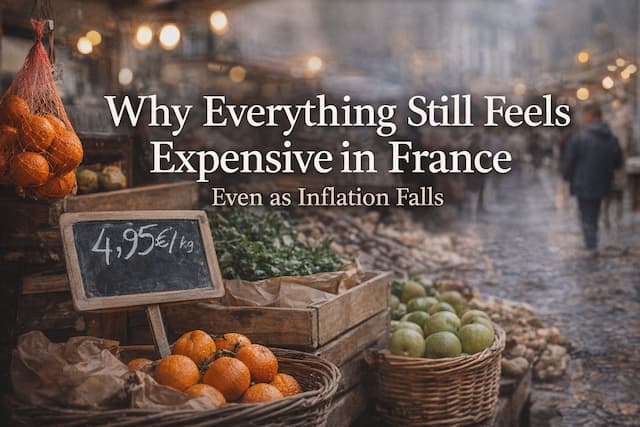Fairy Tales: Why They Are So Important for Children

Without these fantastic stories, quick to excite the imagination, childhood would not have quite the same flavour. But what are the real benefits of fairy tales?
“If you want your children to be intelligent, read them fairy tales. This quote attributed to Albert Einstein may seem far-fetched, yet the role of these wonderful tales in the cognitive and creative development of children is indisputable.
“Using this imagination then allows them to tell stories themselves”
“These stories extract us from our daily life and, at the same time, they really speak of us, but told in a slightly offbeat way, says Anne Vachez-Gatecel, psychologist and psychometrician.
“This imaginary dimension is like the pressure cooker valve: it is this ability to escape that allows us to bear our constraints and not be stuck in a reality that for some can be difficult.”
This aptitude for escape allows children to grow better, but it even accompanies us throughout life. For children, these extraordinary stories will also provoke emotions and develop the imagination.
“Appealing to this imagination then allows them to tell stories themselves through drawings or sketches that they invent in their games. Acquiring this capacity for elaboration and staging what crosses them is something very positive from a developmental point of view.”
The tone of the narrator is everything
Very nourishing for his creativity, the tale also allows the child to access language and temporality. It is enough to observe children listening to a tale to see how captivated they are, whatever their age.
For the little ones, the tone used by the reader contributes to this fascination. “Even if they don’t necessarily understand the meaning, they hear something unusual, with dreamy characters. And that is enough to transport them.
On this day of fairy tales, Sunday 26th February, let’s ask ourselves what these stories bring to the little ones.
Between three and six years old, “they are sensitive to the richness of vocabulary and perceive things that are unknown to them, such as fairies, witches or elves”.
The same story on a loop every night
The world of fairy tales, this other world filled with magic and mystery, also has a therapeutic role which allows the child to regulate his anxieties.
“The tale refers to questions that the child has had since he was very young and it allows him to put words to his archaic fears. This is why he often asks for the same story over and over every evening: it comes to tell something about what goes through him, but which he cannot really identify, ”continues the author of The Child and the imaginary (Dunod editions).
A cathartic function that concerns all children. “All children go through fears of death. The wolf who is going to eat Little Red Riding Hood, for example, brings to light a fantasy of devouring that all children have. »
Another interest in fairy tales: they form a collective cultural imagination, which the child can share with his family or his friends. “Humans have always needed to create stories to have something to share. And for children, it is very important.”
Enjoyed this? Get the week’s top France stories
One email every Sunday. Unsubscribe anytime.


